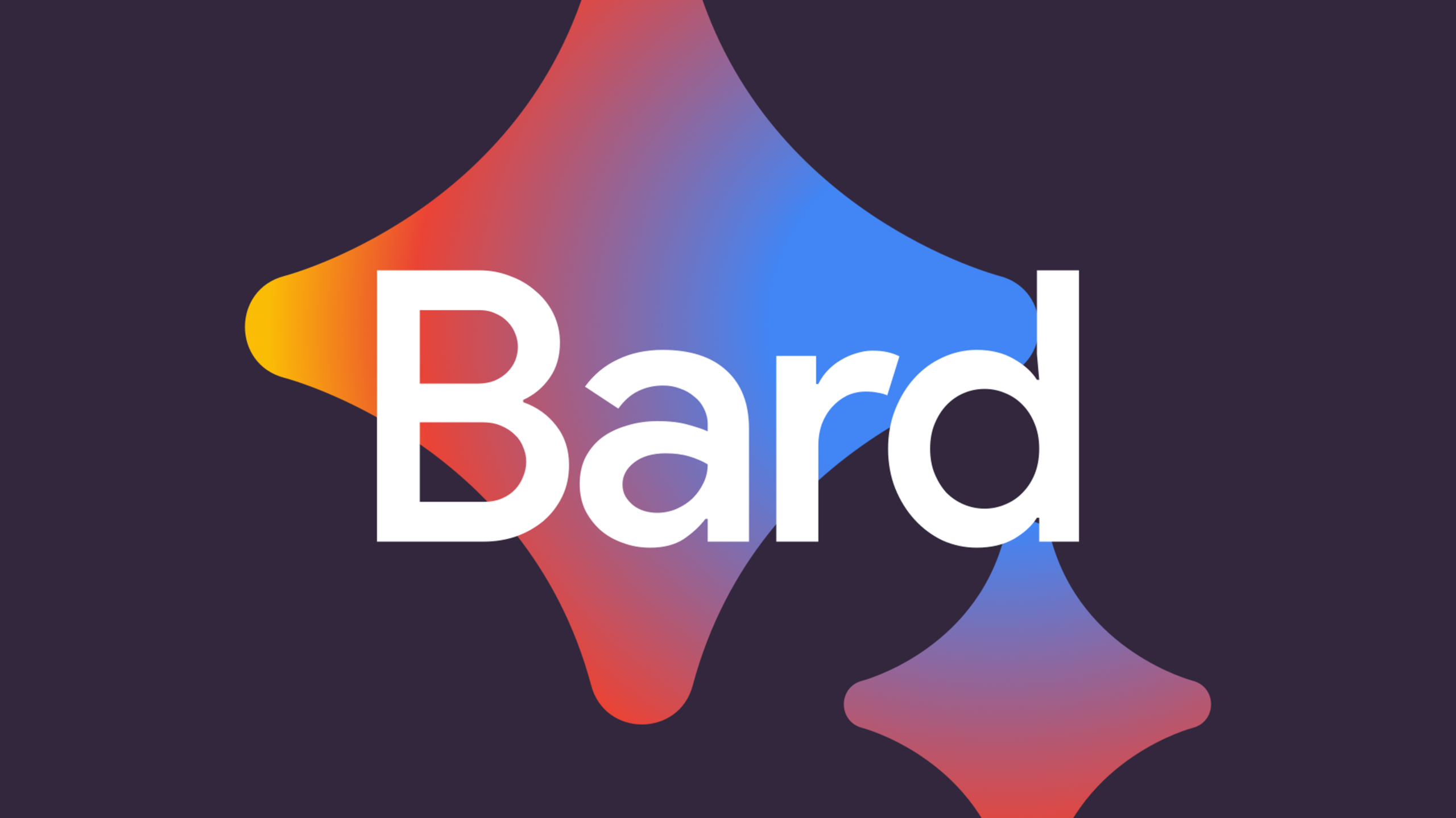Google has recently introduced a fresh tool within the Search Labs section of the Google Search application, accessible on both Android and iOS platforms. Distinguished as part of the Search Generative Experience (SGE), this tool stands apart from Google’s AI chatbot Bard. Its primary objective revolves around refining search outcomes and will extend its availability to Chrome in the near future.
The principal aim inherent in the new facet of SGE is to enhance users’ interaction with extensive articles, fostering a more efficient assimilation of their contents by distilling them into pivotal elements. This utility finds particular relevance for individuals who are novices in a specific subject matter. However, it’s important to note that Google’s feature won’t function with articles that are concealed behind paywalls.
Moreover, the condensed key points produced by this generative tool will be accompanied by hyperlinks, conveniently guiding users to the precise sections from which the tool derived its information. This additional dimension serves to empower users in verifying facts and accessing supplementary insights on the concerned topic. Furthermore, this tool exhibits the capability to address specific queries by extracting corresponding answers directly from the referenced article.
As things stand presently, the newly introduced attribute within Search Labs is accessible solely in the English language. Additionally, its availability is restricted to a select group of users situated within the United States. Regrettably, Google has refrained from disclosing a comprehensive timeline for the global implementation of this feature.
Google Search is Getting Smarter with Generative AI

Google is constantly working to improve its search engine. And one of the latest developments is the use of generative AI. Generative AI is a type of artificial intelligence that can create new text, images, and other data. In the context of Google Search, generative AI is being in use to generate more informative and helpful search results.
One way that generative AI is being in use in Google Search is to create “AI-powered overviews.” These overviews are short summaries of a topic that are generated by Google’s AI models. The overviews are designed to give users a quick and easy understanding of a topic. Without having to read through multiple web pages.
For example, if you search for “how to bake a cake,” Google might generate an AI-powered overview that includes the following information:
- The ingredients you will need
- The steps involved in baking a cake
- Tips for making a successful cake
The AI-powered overviews are still under development. But they have the potential to make Google Search much more informative and helpful.
Gizchina News of the week
Another way that generative AI is being in use in Google Search is to generate more relevant search results. Google’s AI models can now understand the context of a search query. And they can use this information to generate more relevant results.
For example, if you search for “best restaurants in San Francisco,” Google’s AI models will take into account your location, your interests, and other factors to generate a list of restaurants that are most likely to be of interest to you.
The use of generative AI in Google Search is still in its early stages. But it has the potential to revolutionize the way we search for information. By generating more informative and relevant search results. Generative AI can help us find the information we need more quickly and easily.
In addition to the AI-powered overviews and more relevant search results, Google is also using generative AI to improve other aspects of its search engine. For example, Google is using generative AI to generate more natural sounding search results snippets. These snippets are the short descriptions that appear below search results links. And they are designed to give users a better idea of what the content of a web page is about.
Google is also using generative AI to personalize search results. This means that Google’s AI models will take into account your personal preferences and search history to generate results that are more likely to be of interest to you.
The use of generative AI in Google Search is still a work in progress. But it has the potential to make Google Search much more powerful and user-friendly. As generative AI technology continues to improve, we can expect to see even more innovative and helpful features coming to Google Search in the future.

Here are some of the potential benefits of using generative AI in Google Search:
- More informative and helpful search results: Generative AI can be in use to generate more informative and helpful search results by providing more context and summarizing the main points of a web page.
- More relevant search results: Generative AI can be in use to generate more relevant search results by taking into account the user’s search query, location, interests, and other factors.
- More natural sounding search results snippets: Generative AI can be in use to generate more natural sounding search results snippets that give users a better idea of what the content of a web page is about.
- Personalized search results: Generative AI can be in use to personalize search results by taking into account the user’s personal preferences and search history.
Here are some of the challenges of using generative AI in Google Search:
- Generative AI is still under development, and it can sometimes make mistakes. For example, the AI-powered overviews may not be completely accurate or up to date.
- Generative AI can be computationally expensive, which means that it can slow down the search results loading time.
- Generative AI can be in use to generate misleading or inaccurate information. This is a potential risk for any technology that uses AI. And it is important to be aware of this risk when using Google Search.
Overall, the use of generative AI in Google Search has the potential to make Google Search much more powerful and user friendly. However, there are still some challenges that need to be addressed before generative AI can be used to its full potential.






